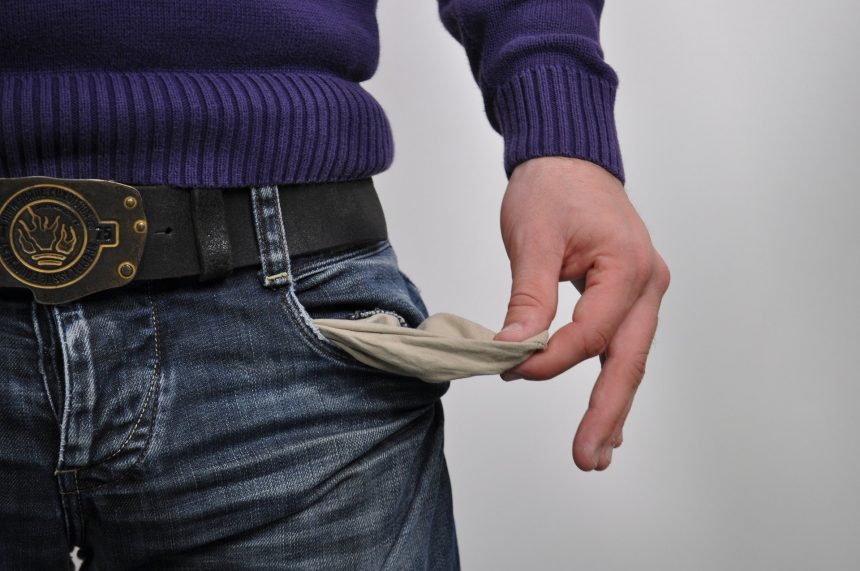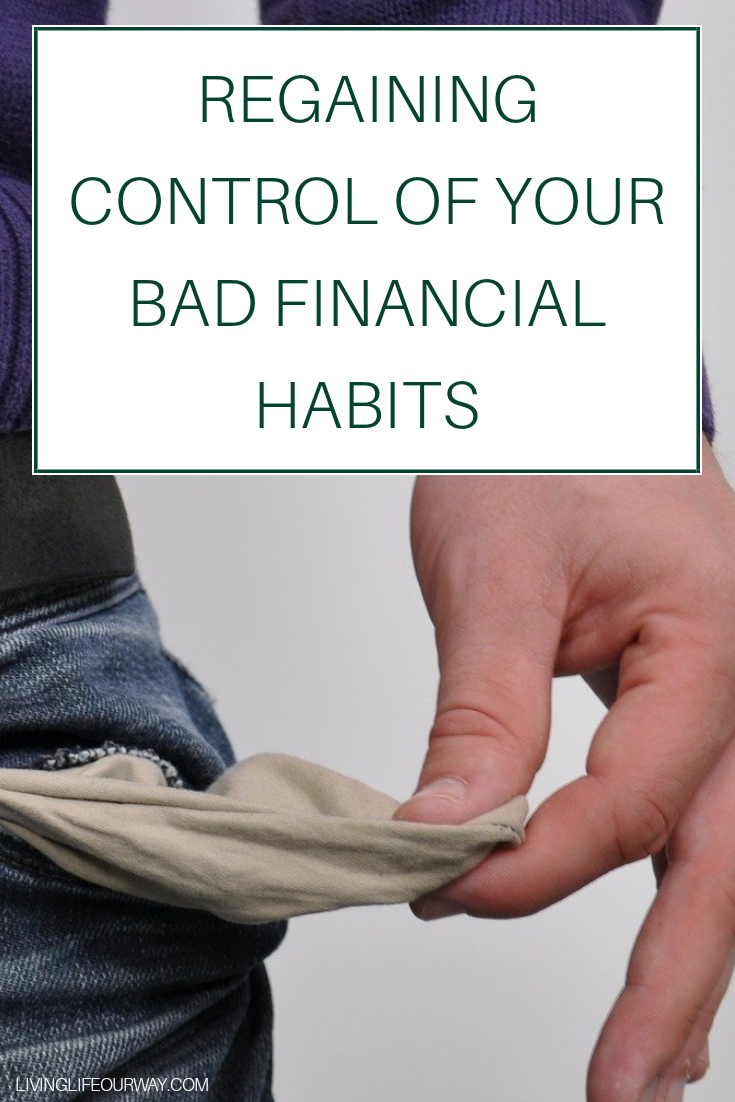Some of us have bad financial habits. From spending too much to not planning how we deal with debts, it’s an unfortunate reality, often born from the fact that we weren’t taught better financial habits as we grew. But once you know you have those bad habits, it’s your job to look at ways you can get control of them. Here are a few tips to help with just that…
Know how you spend your money
First of all, you can’t correct your financial habits unless you know what they actually are. The first step for anyone looking to use their money more responsibly is to put together a budget. There are plenty of budgeting apps that allow you to better decide how to spend your money, and how much room you can leave to pay debts and build savings each and every month.
Have plans for your financial future
If you want to be really motivated to ensure that you’re using your money responsibly and avoiding getting into financially risky situations, then you have to think about why you want to save money in the first place. Aside from avoiding debt and danger, put together financial goals you might have, such as saving up for a home, putting aside money for the kids, thinking about your eventual retirement, and more. The sooner you start planning and paying towards these goals, the easier it will be to meet them.
Round up all that debt
If you’re dealing with debt from multiple debtors, then you need to strategise how you’re going to pay them off. If you have some high-interest debt that you’re having trouble with, then debt consolidation can help you put a cap on them while getting them all in one place. Otherwise, consider paying off the highest interest debts first so that you’re paying less money overall, by the end.

Track your spending habits
A budget is only one way of looking at your spending habits. You need to be honest about the expenses that you don’t plan for, too. There are expense tracking apps that can help you see where little expenses start to really add up over time, as well as the bigger purchases that you don’t plan for. By being more cognizant and holding yourself accountable for these expenses, you’re more likely to avoid them in future.
Be careful how you use your credit card
If you can’t help but whip out the credit card for every little expense, or you use it to fund purchases that you might otherwise think better of, then start leaving it at home. Credit cards are best used for planned purchases that you know you can pay off.
If you have a bad habit, then you must make an organised effort to start correcting it. Use the right services, apps, and tools at your disposal to keep reminding you and keep you on the right path. That’s the way you can slowly start building much healthier money habits, instead.
*This is a collaborative post

